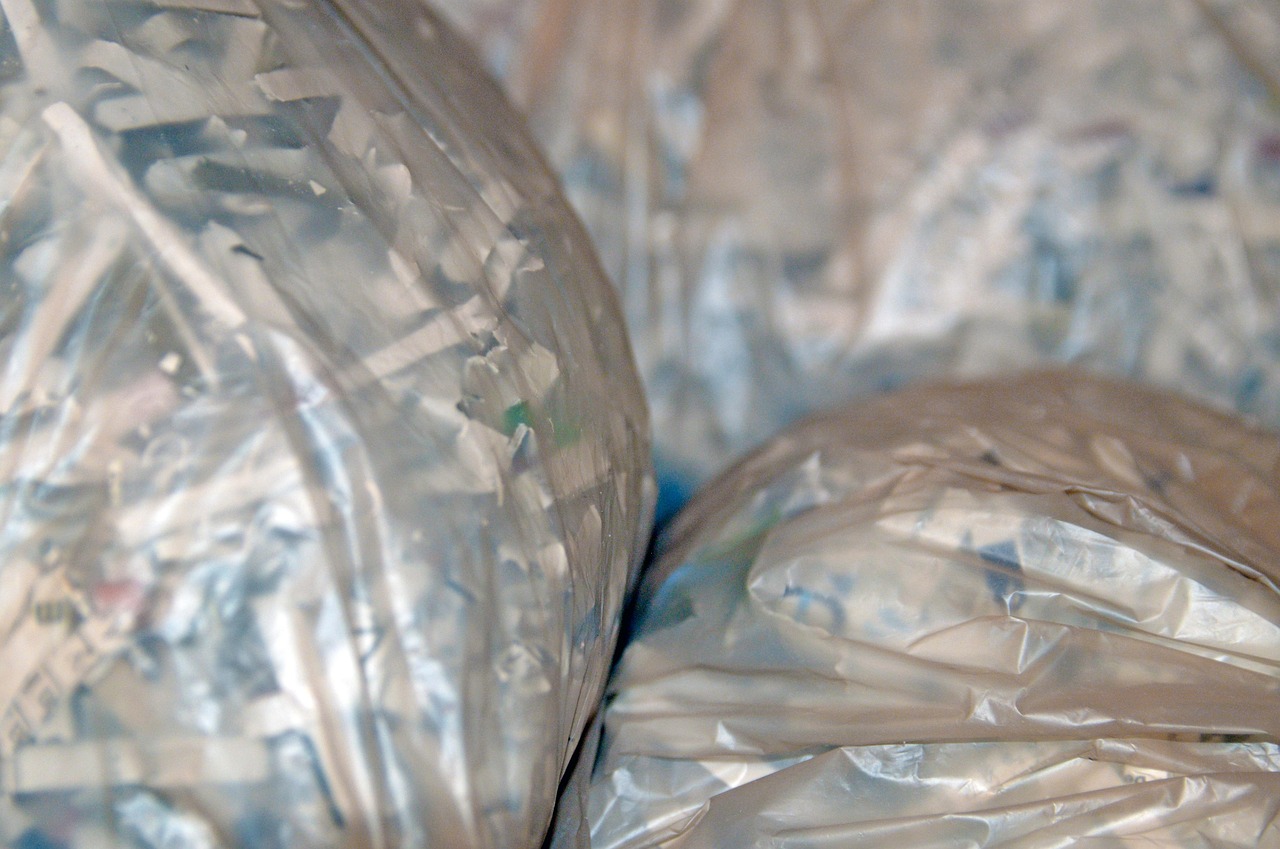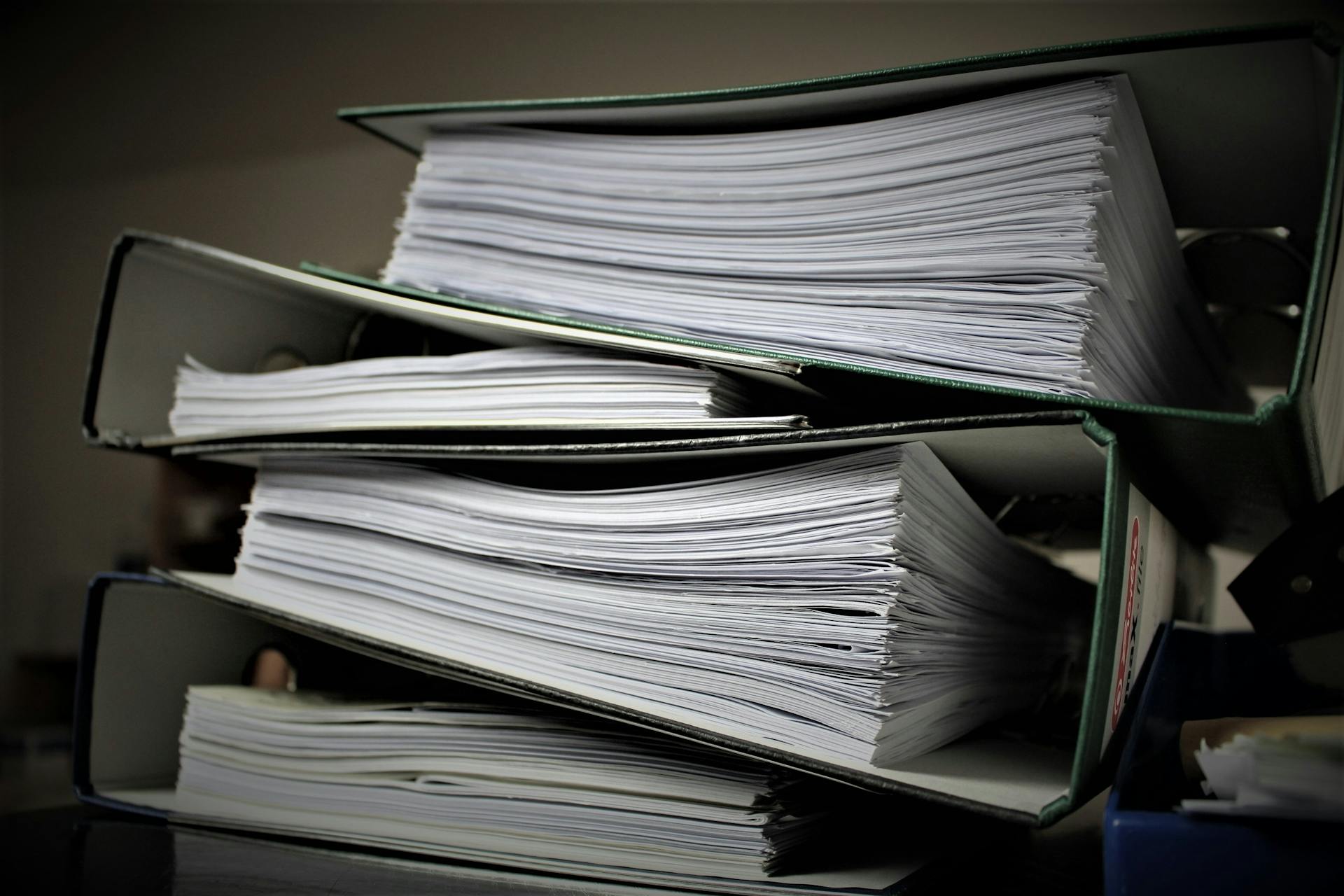
Why Do Rules Exist About How Long Documents Should Be Kept?
There are statutes for how long documents should be kept before they are securely destroyed. These statutes cover both minimum and maximum times, though the rules around maximum length of time are somewhat hazier than the minimum requirements.
Minimum requirements mainly cover how long business financial documents are kept, so that records of transactions, tax payments, and other such information can be accessed in case of disputes with organisations such as HMRC, as well as with shareholders, and clients that transactions pertain to.
There are distinct rules as to why documents should be kept for minimum times before being shredded, many of which concern fair business practices. Look at recent issues in the US politics such as Hilary Clinton’s deleting emails, or former president Donald Trump’s flushing of documents, with questions of national security around both, and questions of involvement in unethical behaviour, and a level of clarity comes into view for those wondering why confidential documents must be kept safely for certain periods of time.
These rules exist so that when investigations are required, either to establish innocence or fault, that the data needed is accessible.
When documentation is shredded prematurely, it makes investigation into circumstances very challenging. It also makes establishing the reality of events very difficult, due to lack of supporting documentation.
Importantly, premature shredding of documentation also raises questions about whether those involved in that shredding were guilty or complicit in some way.
How Long Should Confidential Documentation Be Kept Before Shredding?
According to the UK government:
“Records and information should only be retained when there is a business need to do so. Under UK GDPR and the DPA 2018, personal data processed by HMRC must not be retained for longer than is necessary for its lawful purpose.”
At present the standard for documentation to be held by HMRC is six years, in addition to the current year, essentially making seven years worth of documentation.
For documentation that goes into national archives this changes to being twenty years plus the current year. Though most people need never be concerned with their data going into national archives.
Under the Money Laundering, Terrorist Financing and Transfer of Funds (Information on the Payer) Regulations 2017 Regulation 40 (3), it is stated that:
“period is five years beginning on the date on which the relevant person knows, or has reasonable grounds to believe—
(a) that the transaction is complete, for records relating to an occasional transaction; or
(b) that the business relationship has come to an end for records relating to—
(i) any transaction which occurs as part of a business relationship, or
(ii) customer due diligence measures taken in connection with that relationship”
With an additional clause that such information is to be kept for no longer than ten years.
For most business and tax purposes, five years is the general rule for the length of time that documentation should be kept before it is destroyed.
This period of five years is seen as covering any potential for complaints. As such giving adequate time for anyone that wishes to contest something, in a legal manner, to do so, and for the matter to be resolved in the fullest possible way due to the retention of information.
Beyond five years, likelihood of legal challenges becomes greatly diminished, except in rare circumstances, hence the then upper limitation of ten years that records should be kept.
There are various specialist areas where durations of record keeping vary prior to document destruction being deemed OK, though for most households and businesses, this five year term is what is most usual.
Ensuring Secure Document Shredding Takes Place For Proper Document Destruction
In the case of personal letters, a standard home paper shredder can prove to be suitable.
Where any financial documentation is concerned, especially where it pertains to other individuals or organisations, that documentation should be handled, and shredded with far greater care.
In these circumstances, getting secure documentation shredding done by specialists is generally seen as the most suitable thing to do.
The reasoning for having professional document shredding services handle such duties, is that the shredding equipment involved is far more effective in rendering those documents unreadable. Rather than shredding documents into strips, they shred them into small pieces almost like confetti.
Plus with the volumes of documents shredded together at once, those minute pieces of documentation get mixed in with other shredded documentation. Making document reconstruction virtually impossible.
Secure Document Shredding Make Sure You Get The Right Company When The Time Comes
Keeping archives and documents in safe storage for the right period of time is naturally very important. Having secure business storage to keep information safe is something many understand, even those with a cursory knowledge of GDPR.
By extension though, having kept documentation securely for the required time period, you should also ensure that document destruction should be carried out in the most thorough manner possible too.
Make sure you get secure document shredding handled by professionals that can be trusted, so that all that private information remains private. With the right people, secure document shredding is done smoothly and data that was private remains permanently so.
Latest news articles



